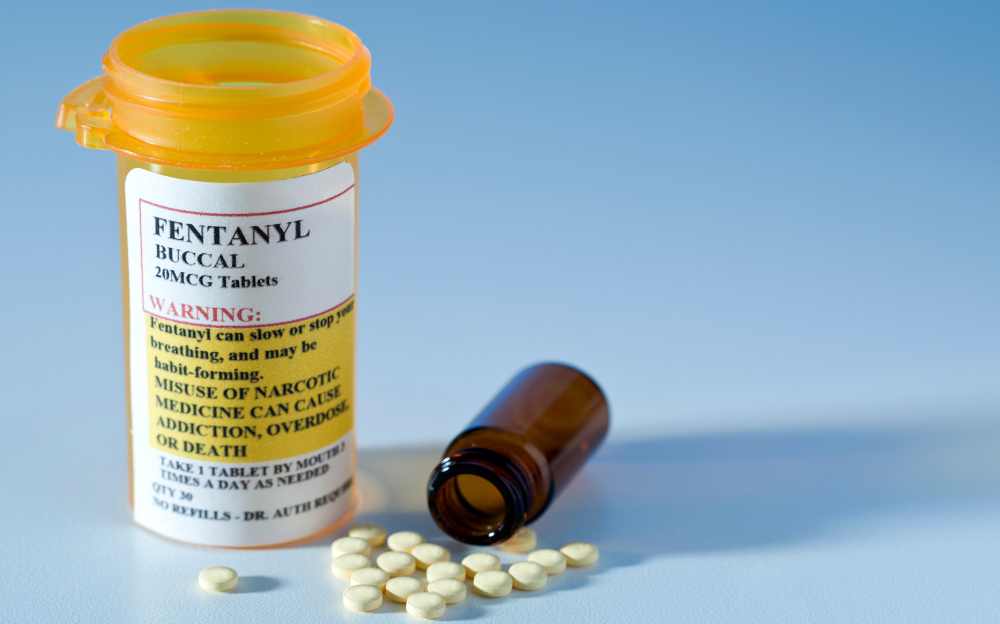Overcoming opioid addiction is an arduous journey, but sometimes all it takes is a simple lifestyle change to make a significant difference. Substance abuse experts have long emphasized the importance of adopting healthy habits and making positive adjustments in one’s daily routine to aid in recovery. This approach recognizes that addiction is not solely a physical dependency but also deeply rooted in behavioral patterns and psychological triggers.
One crucial aspect of this lifestyle transformation involves cultivating new hobbies or rediscovering old passions. Engaging in activities that bring joy, fulfillment, and purpose can help fill the void left by drug use and promote healing. Whether it’s painting, playing an instrument, hiking, or joining a local sports team, investing time and energy into constructive pastimes can redirect focus away from substance abuse while fostering personal growth Opioid addiction.
Understanding the opioid addiction crisis
In the midst of the ongoing opioid addiction crisis, understanding the power of a simple lifestyle change is crucial in helping individuals overcome this deeply rooted problem. Opioid addiction has ravaged communities across the nation, leaving families shattered and lives destroyed. However, there is hope in recognizing that something as uncomplicated as altering one’s lifestyle can have a profound impact on breaking free from this debilitating cycle.
Firstly, adopting a healthier routine can provide individuals with a sense of purpose and structure, effectively filling the void left by substance abuse. Engaging in regular exercise not only helps improve physical health but also promotes mental well-being by releasing endorphins that naturally elevate mood and reduce cravings. Moreover, incorporating nutritious meals into daily life nourishes the body while aiding in repairing any damage caused by drug use.
The power of lifestyle changes
The power of lifestyle changes cannot be underestimated when it comes to overcoming opioid addiction. While medical interventions and therapies are often crucial in this battle, making simple adjustments to one’s daily routine can have a significant impact on recovery. Adopting a healthier lifestyle, including regular exercise and a nutritious diet, can help restore physical well-being and increase the body’s natural ability to heal from addiction. Additionally, engaging in activities that promote mental and emotional well-being, such as meditation or joining support groups, can provide invaluable tools for coping with cravings and managing stress.
A key aspect of lifestyle change is creating a supportive environment that fosters recovery. This may involve cutting ties with negative influences or finding new hobbies that do not revolve around substance use. Surrounding oneself with positive relationships and seeking out social support networks are also essential steps towards lasting recovery from opioid addiction.
Exercise: a natural alternative to opioids
In the midst of an ongoing opioid crisis, finding effective alternatives for pain management and addiction recovery is crucial. One such alternative that has gained significant attention is exercise. The power of physical activity in combating addiction goes beyond its ability to distract individuals from cravings; it actually helps alleviate symptoms of withdrawal and promotes long-term recovery. By incorporating regular exercise into their routine, individuals struggling with opioid addiction can experience improved physical and mental well-being, increased self-esteem, reduced stress levels, and enhanced overall quality of life.
When someone becomes addicted to opioids, their body becomes dependent on these substances to function properly. The withdrawal process can be immensely challenging as the body adjusts to functioning without opioids.
Healthy eating: nourishing your body and mind
Living with an opioid addiction can be a harrowing experience, affecting not only one’s physical health but also taking a toll on mental and emotional well-being. However, there is hope in the form of a simple lifestyle change that can bring about profound effects in overcoming this addiction. Healthy eating, which nourishes both the body and mind, has emerged as a powerful tool to support recovery from substance abuse.
When addicted to opioids, individuals often neglect their nutritional needs due to various factors such as decreased appetite or prioritizing drugs over food. This leads to nutrient deficiencies that further exacerbate the physical and mental consequences of opioid use. By adopting a healthy eating plan, individuals provide their bodies with essential vitamins, minerals, and nutrients necessary for proper functioning. These nourishing substances help repair damaged tissues and organs while improving overall physical health.
Mindfulness practices: finding inner peace
In today’s fast-paced world, where stress and anxiety are prevalent, it is no wonder that many individuals turn to opioids as a means of escape. However, there is hope for those struggling with addiction. A simple lifestyle change centered around mindfulness practices can make a significant impact on overcoming opioid addiction.
Mindfulness practices, such as meditation and yoga, provide individuals with the tools to find inner peace and calm their racing minds. By focusing on the present moment and observing their thoughts without judgment or attachment, individuals can begin to break free from the cycle of craving opioids. These practices help create a sense of self-awareness, allowing individuals to recognize triggers and develop healthier coping mechanisms.
Embracing a mindful lifestyle also involves making conscious choices about nutrition and physical activity. Nourishing the body with wholesome foods rich in vitamins and minerals helps restore balance to neurotransmitters affected by opioid use.
Support systems: building a strong foundation
Overcoming opioid addiction is an arduous journey that requires not only medical intervention but also significant lifestyle changes. One of the key factors in successful recovery is the establishment of a robust support system. Building this strong foundation can make all the difference in breaking free from the grips of addiction. Whether it’s friends, family members, or support groups, having people who genuinely care about your well-being and offer unwavering encouragement can provide the necessary strength and motivation to stay on track.
Support systems play an integral role in helping individuals with opioid addiction navigate through their recovery journey. These networks provide an empathetic environment where individuals can share their experiences, fears, and triumphs without judgment.




